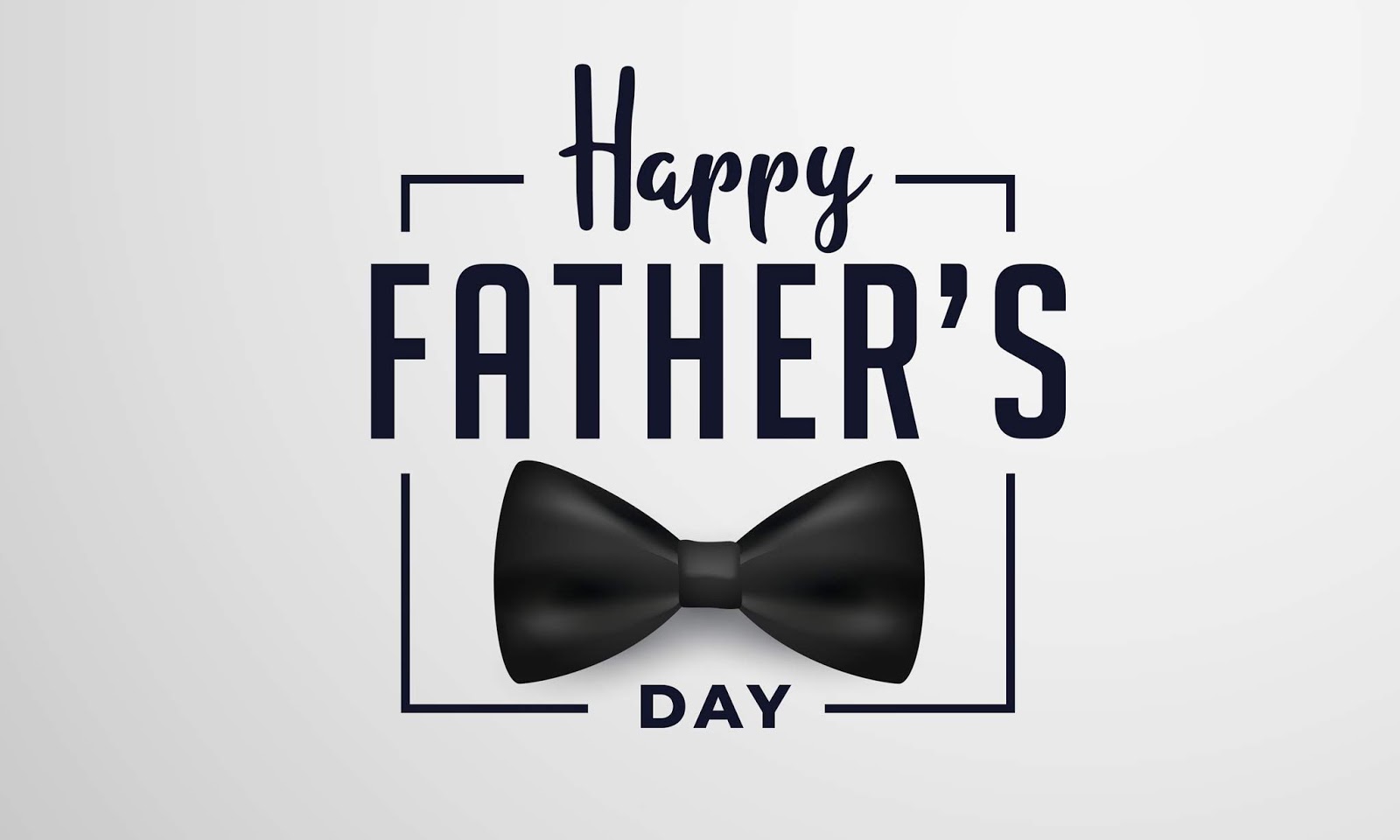
Opaque, too near, my private, yet unknown, Perplexes and affronts with his own darkness, Moves where I move, distorting my gesture, Has followed me since the black womb held, Trembles to think that his quivering meat Howls in his sleep because the tight-ropeĭressed in his dress-suit, bulging his pants, Water: Conch shell watercolor, Stocking Islandīoxes his brother in the hate-ridden city.Ī sweetness intimate as the water's clasp,

I published a book like this called Trees in the middle of my second book Wolves and Honey and include pages from both books below: The book is a sort of American Zen album like the albums of China and Japan with images from nature and poems beside them. The book is called Water, and begins with something I wrote on the beach at Exuma where we used to go in the wintertime, a poem in which I am just describing what I see. I am publishing a book of poetry and watercolors next year. I spent a long time in Egypt, a spectacular environment not unlike the Finger Lakes where I come from, an environment dominated by water. Like a lot of people of my generation, I imagine, as I look back I am very happy to have been alive when I was, when there were no cellphones and you could go anywhere and nobody knew you, and those who did didn’t know where you were. Later as I looked at other languages I was keenly aware of words having a tactile quality, a closeness to the physical thing. There was an awareness, probably coming from WWI, that everything falls apart, but poetry lasts. It had to do with looking closely at things, with the translation of the visual world. So for us from the beginning poetry was connected with nature, and with a kind of religious feeling too- a traditional perspective I think, and very American. Her Aunt was a Canadian poet who lived very simply in a wilderness retreat called Abbey Dawn with her husband, a Canadian gunner in the RAF who was shot down over Germany in WWI, and after a long time in a German prison camp just wanted the life of a woodsman in the Great Lakes. My mother had a reverence for poetry and knew a great deal by heart, and we were trained to memorize at a young age and grew up with the Oxford Book of English Verse and American Verse as primary books in the house. I realized in my teens that the only thing I was really interested in was poetry, and everything I did had to do with that. Ammons chose a poem by Hoffmann for The Best American Poetry 1994. He has published six books of non-fiction, three plays, and seven volumes of poetry, including two book length selections of his poems in Spanish and Russian translations. Hoffmann is also a writer, carving out his own land between poetry, philosophy, and science. In chemistry he has taught his colleagues how to think about electrons influencing structure and reactivity, and won most of the honors of his profession, including the Nobel Prize. He came to the US in 1949, and has long been at Cornell, active as a theoretical chemist. Roald Hoffmann was born in 1937 in Złoczów, then Poland, now Ukraine. The same.” “You’re Jewish? “Yes… Please.” Sitting in the boat, smoking a cigarette. Spilling their innards, the smell of rotting

Of people’s lives, gaping holes, mattresses Torn up walls, wallpaper flapping in the wind, I go into the fog, which clears, to blocks Mariupol it will be.” He rows, strong arms. “There is an island in the bay, far away. Tracy Danison, Paris correspondent (129).Moira Egan, European Correspondent (72).Mitch Sisskind - Correspondent at Large (378).Loren Goodman, Pacific Correspondent (26).



 0 kommentar(er)
0 kommentar(er)
